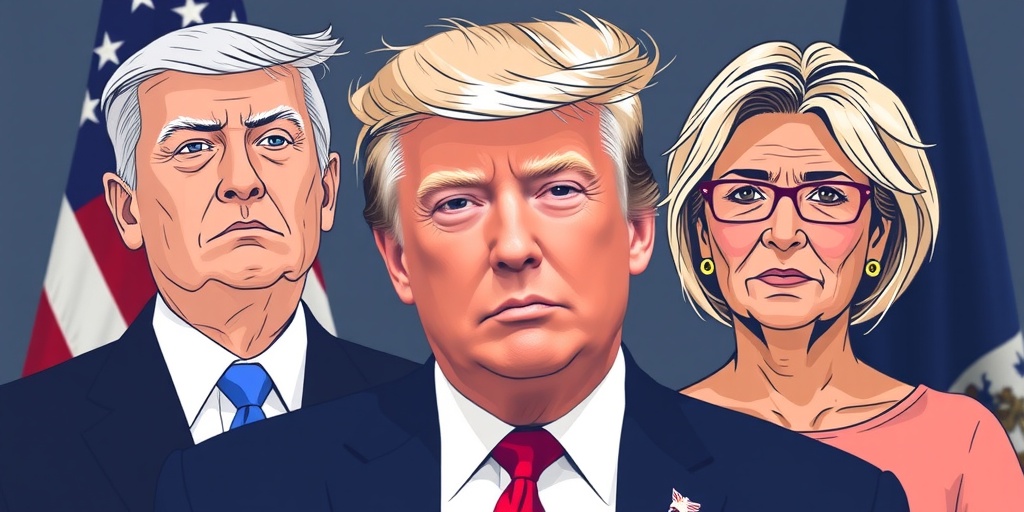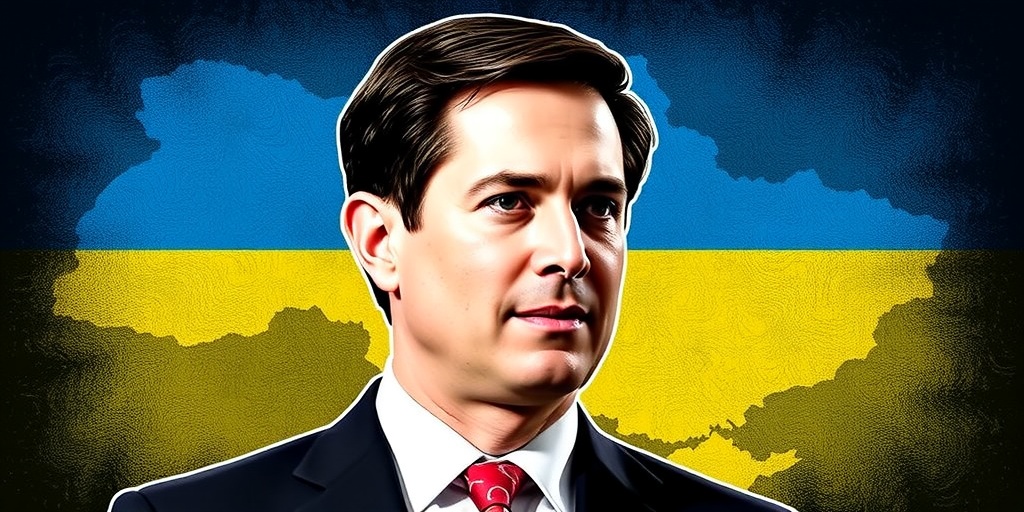Now Reading: Trump’s Deportation Tactics Edge Toward Judicial Clash
-
01
Trump’s Deportation Tactics Edge Toward Judicial Clash
Trump’s Deportation Tactics Edge Toward Judicial Clash
Title: Constitutional Crisis Looms as Trump Administration Defies Court Order on Venezuelan Detainees
The Trump administration has escalated tensions with the judicial branch of the U.S. government following the flagrant disregard of a federal court order regarding the treatment of Venezuelan detainees. On Saturday evening, two planes containing 238 Venezuelan detainees landed in El Salvador, despite a federal judge’s directive requiring the planes to turn back and return the detainees to the United States.
El Salvador’s right-wing president, Nayib Bukele, celebrated the arrival of the detainees at a Salvadoran "Terrorism Confinement Center," where they are set to remain for at least one year. Bukele’s social media post, cheekily remarking “Oopsie … Too late,” was later shared by White House communications director Steven Cheung, highlighting the administration’s apparent indifference to the judicial ruling.
Secretary of State Marco Rubio also chimed in, thanking Bukele for detailing the migrants’ incarceration in a lengthy post on social media, without acknowledging the judge’s order that had ostensibly been violated.
Legal experts are now scrutinizing the specifics of the timeline surrounding the flights’ arrival and the court’s order. David Super, a law professor at Georgetown University, remarked on the severity of the administration’s actions, describing them as "contempt of court." The administration’s response indicated that the State Department and Homeland Security were informed of the judge’s order shortly after it was posted to the electronic docket, raising questions about the legality of proceeding with the deportations.
This debacle began when Judge James E. Boasberg of the U.S. District Court for the District of Columbia ruled against the administration’s use of the Alien Enemies Act of 1798 to deport migrants. The judge mandated the immediate return of anyone expelled under this archaic law to U.S. soil, regardless of how it was accomplished, which included simply turning the planes around if necessary.
Despite the court order, the Trump administration proceeded with the transfer of the detainees. The White House press secretary, Karoline Leavitt, countered allegations of non-compliance, asserting that the administration had not violated any court orders and questioning the judge’s authority to issue such commands. In its defense, the Justice Department labeled Judge Boasberg’s ruling as an "unauthorized imposition on the Executive’s authority." They claimed that Trump’s decisions regarding national security and foreign policy were immune from judicial scrutiny, citing the presidency’s inherent powers in this realm.
The Trump administration’s conflict with the judicial branch is not limited to this incident; it has previously faced accusations of violating court orders on multiple occasions. In another recent case, Dr. Rasha Alawieh, a kidney transplant specialist and professor, was deported despite a court-imposed ban on her expulsion, underscoring the administration’s pattern of defying judicial directives.
As the situation escalates, critics of the Trump administration are increasingly concerned that such brazen actions could precipitate a constitutional crisis. Mark S. Zaid, a Washington lawyer with a history of legal battles against the administration, characterized these events as "the start of true constitutional crisis," as the executive branch appears to challenge the foundational principle of checks and balances integral to the U.S. government.
Adam Winkler, a law professor at UCLA, suggested a need for caution but acknowledged the potential consequences of disregarding court orders. "If the report is true about timing, then it does seem like the administration has ignored a binding court order," he stated, stressing the importance of judicial authority.
Anticipating a shakeup, several Venezuelans in federal custody had already filed a class-action lawsuit to prevent their expulsion, prompting Judge Boasberg’s restraining order. Yet this legal protective measure did not stop the planes from embarking on their journey to El Salvador.
Looking ahead, Skye Perryman, the chief executive of Democracy Forward, stated her expectation that the government would ultimately comply with judicial orders. “We will continue to work through the courts to ensure that orders are faithfully executed and — if not — that there is accountability for the government,” she declared.
As the Trump administration digs in its heels, the implications for the respect of the legal system and the balance of power among the branches of government remain uncertain. Experts agree that defiance of judicial authority cannot go unanswered, as it would set a dangerous precedent. “You have to comply with court orders until they’re reversed,” David Super concluded, warning against a scenario where public officials pick and choose which legal directives to follow, undermining the very fabric of American democracy.
With the administration’s actions in direct opposition to the court’s ruling, observers are watching closely as the situation develops, potentially paving the way for a significant constitutional confrontation.
Stay Informed With the Latest & Most Important News
Previous Post
Next Post
-
 01New technology breakthrough has everyone talking right now
01New technology breakthrough has everyone talking right now -
 02Unbelievable life hack everyone needs to try today
02Unbelievable life hack everyone needs to try today -
 03Fascinating discovery found buried deep beneath the ocean
03Fascinating discovery found buried deep beneath the ocean -
 04Man invents genius device that solves everyday problems
04Man invents genius device that solves everyday problems -
 05Shocking discovery that changes what we know forever
05Shocking discovery that changes what we know forever -
 06Internet goes wild over celebrity’s unexpected fashion choice
06Internet goes wild over celebrity’s unexpected fashion choice -
 07Rare animal sighting stuns scientists and wildlife lovers
07Rare animal sighting stuns scientists and wildlife lovers



















